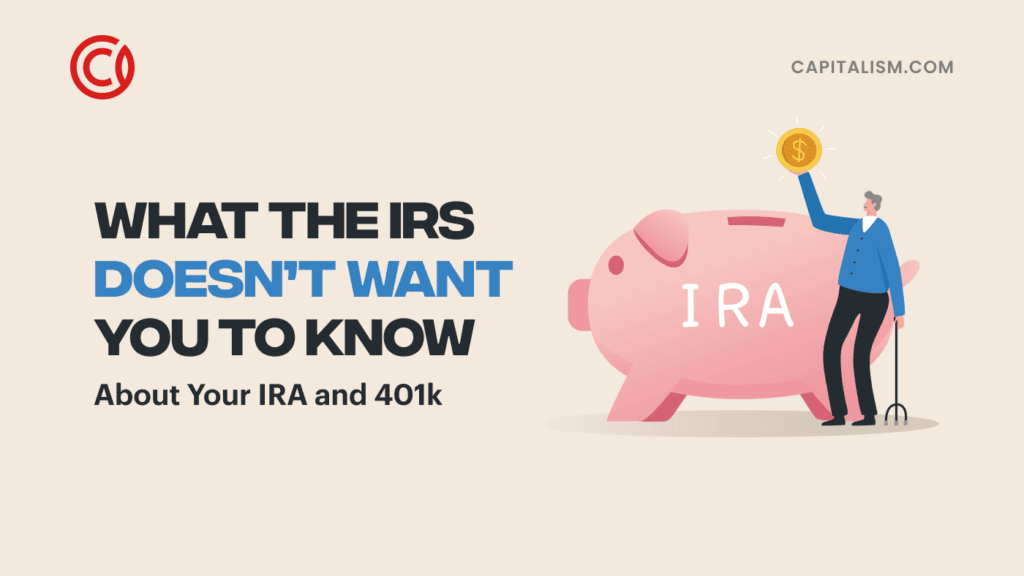In a recent op-ed for Time, Sen. Rand Paul (R-Ky.) detailed how EpiPen, the epinephrine injector brand, became a monopoly. This may be the perfect example of crony capitalism and government intervention.
Senator Paul, an ophthalmologist, commented on a prime example of crony capitalism. He spoke about his own experience seeing a child's allergic response from being stung by a bee and his understanding of the need for EpiPens. However, the recent price hike of EpiPens, he argued, was made possible not through capitalism but through the U.S. Food and Drug Administration's prevention of competition.
Yes, the government actively put the brakes on approving competitors to the EpiPen brand, burdening generic brands with bureaucracy and red tape.
From the op-ed:
To fully comprehend the outrage of this price, you must realize that the epinephrine included in the EpiPen costs less than $10 retail.
Some are pointing toward this as an example of corporate greed or the excesses of capitalism, but they’re missing the larger picture. This is an almost perfect example of crony capitalism and a government-dominated system that is failing consumers.
There isn’t a whole lot of capitalism in health care anymore. In fact, that’s one of the major problems we have to fix. There are very few market forces and competition, and most of us are shielded from caring what something costs.
But we don’t always see why this is so. Obamacare promised to make this better, but it has made it worse, with a long list of mandates and subsidies that further drive out any market force.
But government blame doesn’t end there. The regulators at the Food and Drug Administration have made a giant mess of the process to get a new drug or device approved, and they act as a huge roadblock to cheaper, generic drugs and competition that could drive prices on life-saving drugs like epinephrine down.
In contrast with this example of crony capitalism, here's what capitalism is meant to be.












